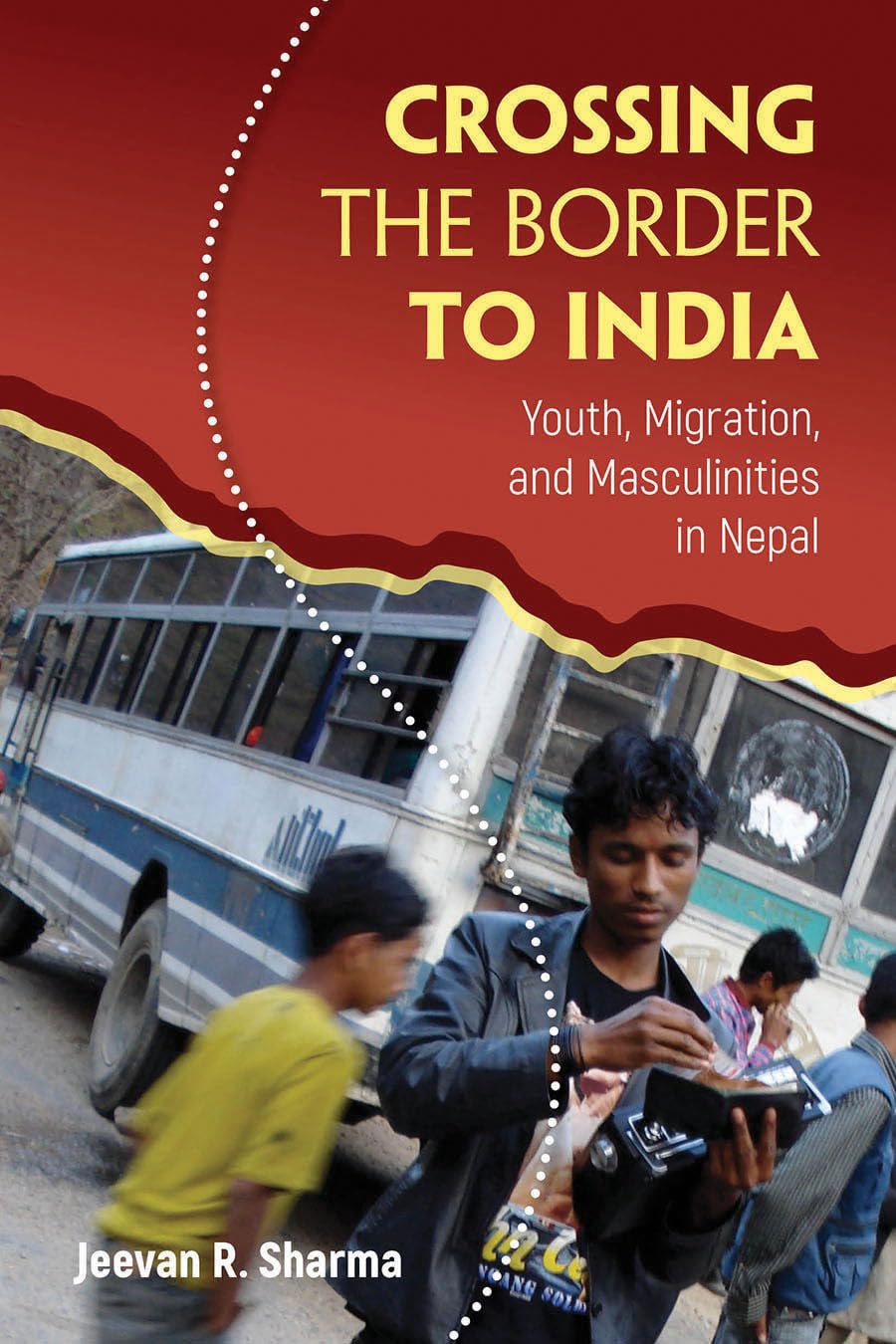Vaccine inequity hampering the world economic recovery: IMF

London – Nearly 40 percent of the population in rich countries have been vaccinated against the Covid 19 while only 1 percent of the population in low income countries have received the jab so far, the International Monetary Fund (IMF) has said.
While the global economy is still growing, the uneven distribution of vaccines is widening disparities as rich countries pick up speed and leave developing nations behind, the IMF warned on Tuesday.
“Vaccine access has emerged as the principal fault line along which the global recovery splits into two blocs,” the IMF said in its updated World Economic Outlook. But the IMF warned of the danger to the whole world if new virus variants are allowed to take hold. The recovery “is not assured even in countries where infections are currently very low so long as the virus circulates elsewhere,” the report said.
World GDP will expand by six percent this year, unchanged from the April forecast, but IMF chief economist Gita Gopinath pointed towards the “widening gap” between the advanced economies and developing nations, especially in Asia.
Ms Gopinath urged countries with surplus vaccines to share at least 1 billion vaccine doses in 2021.
Failure to achieve widespread vaccinations could allow highly infectious virus variants to take hold, like the Delta variant that has become prevalent. That could derail the recovery, wiping out $4.5 trillion cumulatively from global GDP by 2025, more than half of that lost from rich nations, the fund estimates.
Policy Efforts at the National Level
Writing in the IMF Blog, Ms Gopinath said that policy efforts at the national level should continue to be tailored to the stage of the pandemic:
- First, to escape the acute crisis by prioritizing health spending, including for vaccinations, and targeted support for affected households and firms;
- Next, to secure the recovery with more emphasis on broader fiscal and monetary support, depending on available space, including remedial measures to reverse the loss in education, and supporting the reallocation of labor and capital to growing sectors through targeted hiring subsidies and efficient bankruptcy resolution mechanisms; and
- Finally, to invest in the future, by advancing long-term goals of boosting productive capacity, accelerating the transition to lower carbon dependence, harnessing the benefits of digitalization, and ensuring the gains are equitably shared.
Fiscal actions should be nested within a credible medium-term fiscal framework to ensure debt remains sustainable. For many countries this will involve improving tax capacity, increasing tax progressivity, and eliminating wasteful expenditures. Low-income developing countries will also need strong international support.
Central banks should avoid prematurely tightening policies when faced with transitory inflation pressures but should be prepared to move quickly if inflation expectations show signs of de-anchoring. Emerging markets should also prepare for possibly tighter external financial conditions by lengthening debt maturities where possible and limiting the buildup of unhedged foreign currency debt.
The recovery is not assured until the pandemic is beaten back globally. Concerted, well-directed policy actions at the multilateral and national levels can make the difference between a future where all economies experience durable recoveries or one where divergences intensify, the poor get poorer, and social unrest and geopolitical tensions grow, Ms Gopinath said.
Link of Ms Gopinath’s article:


















Facebook Comments